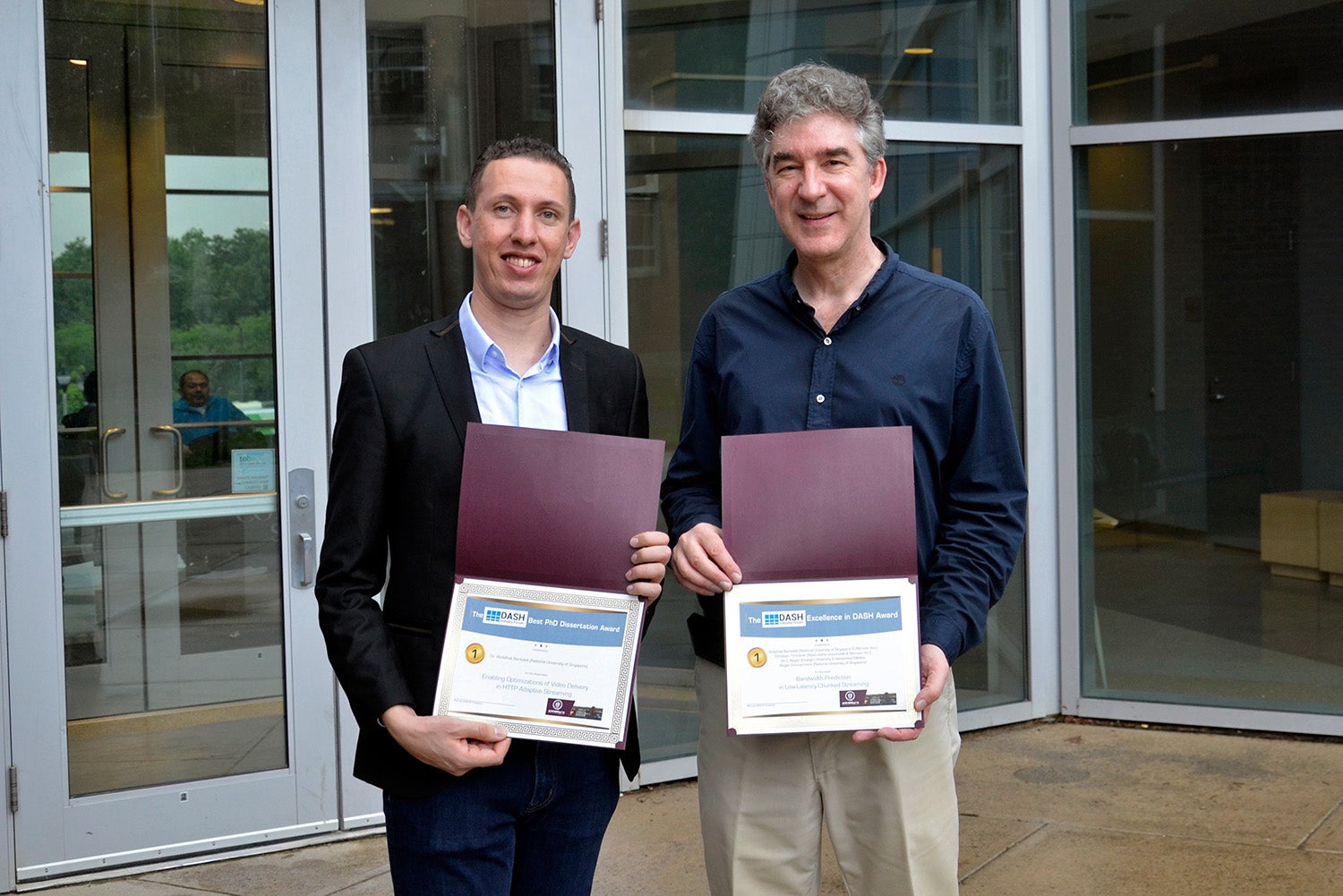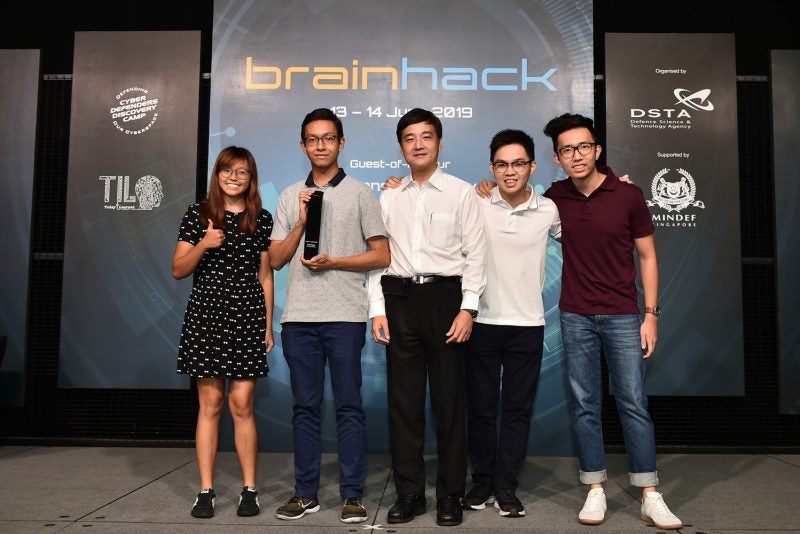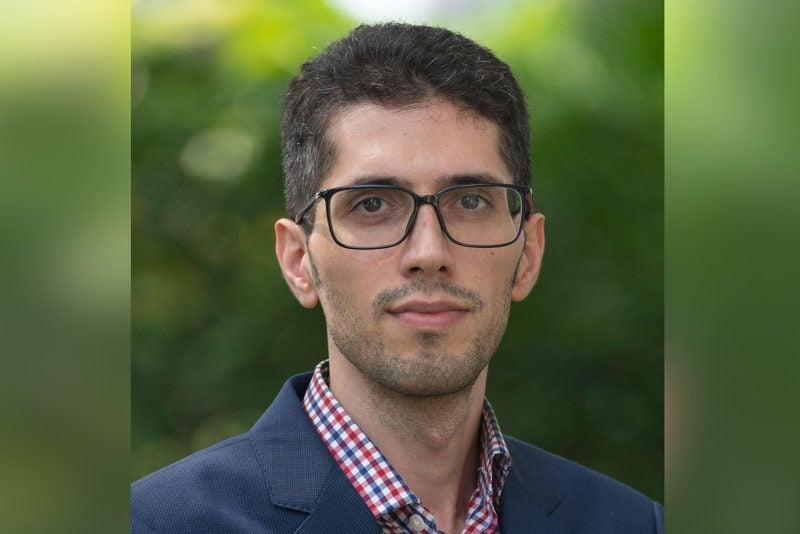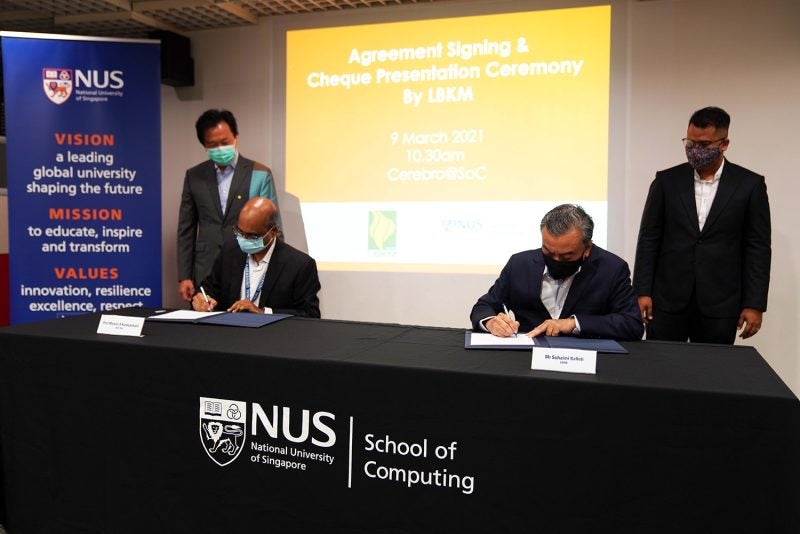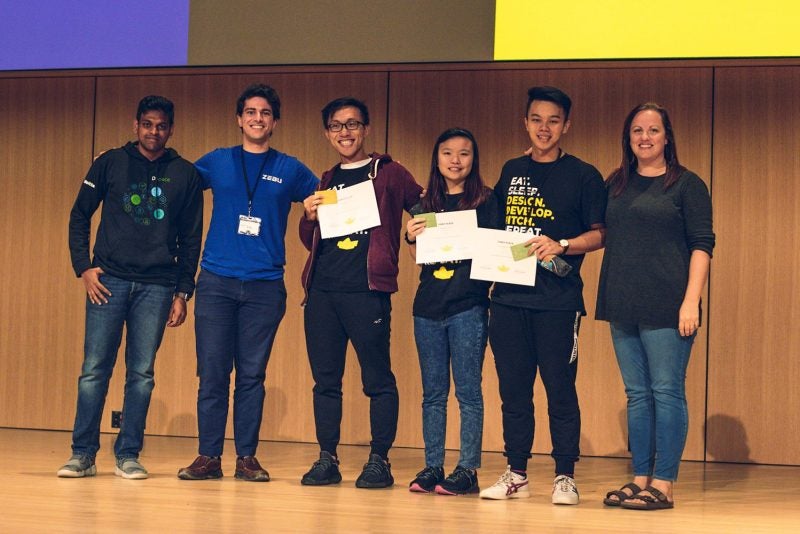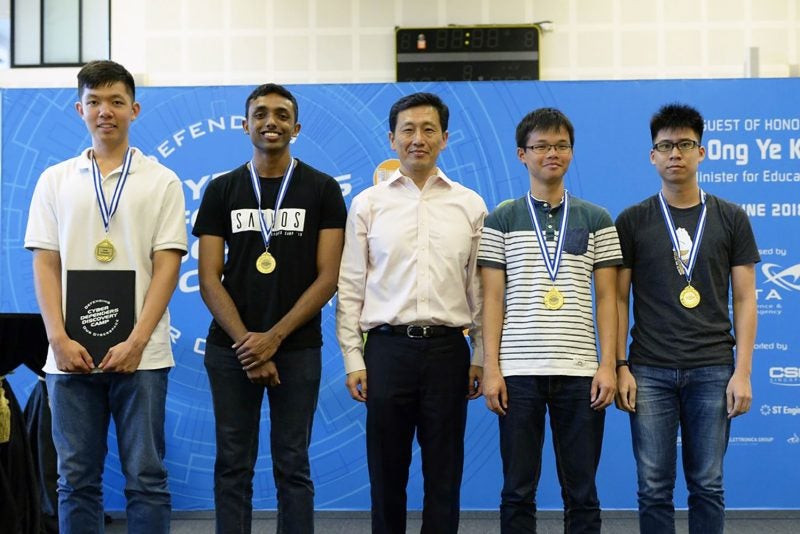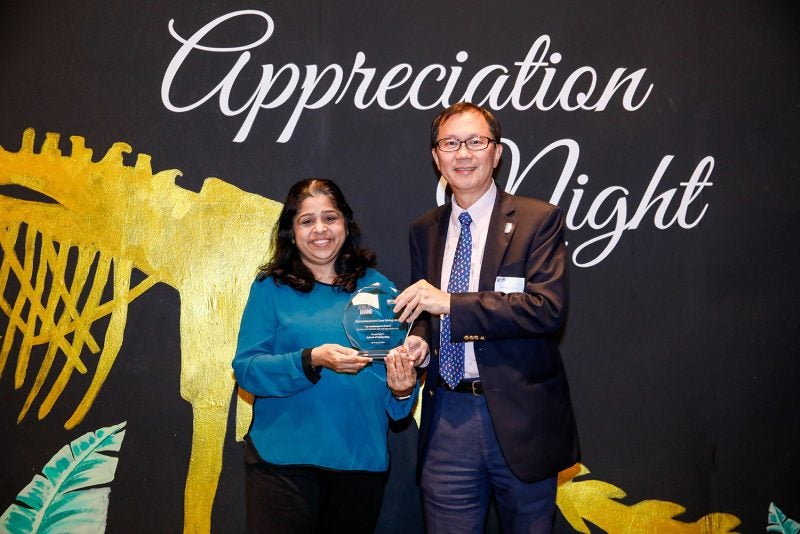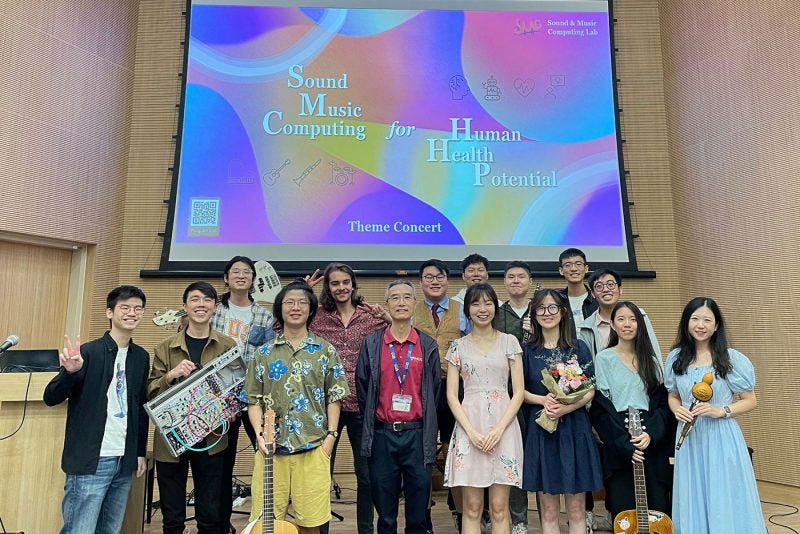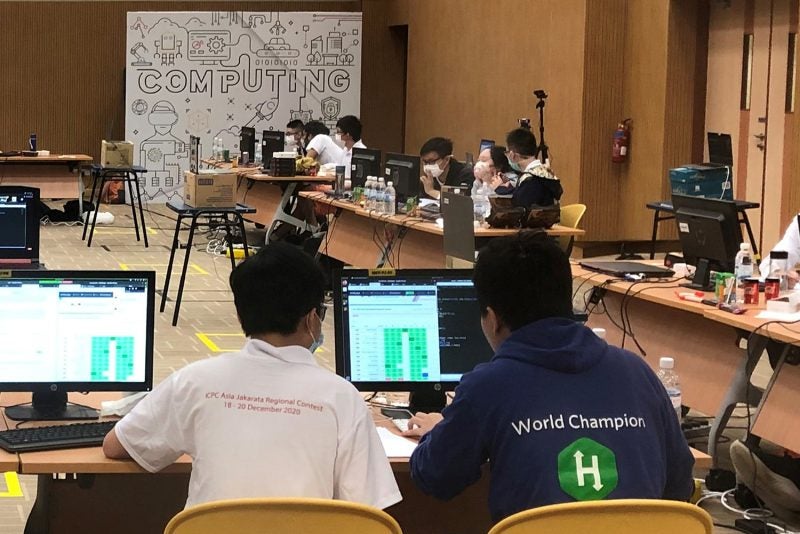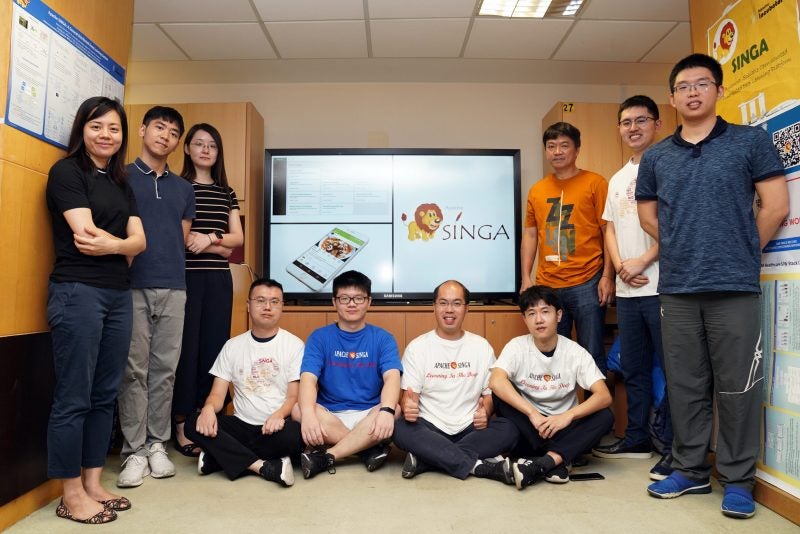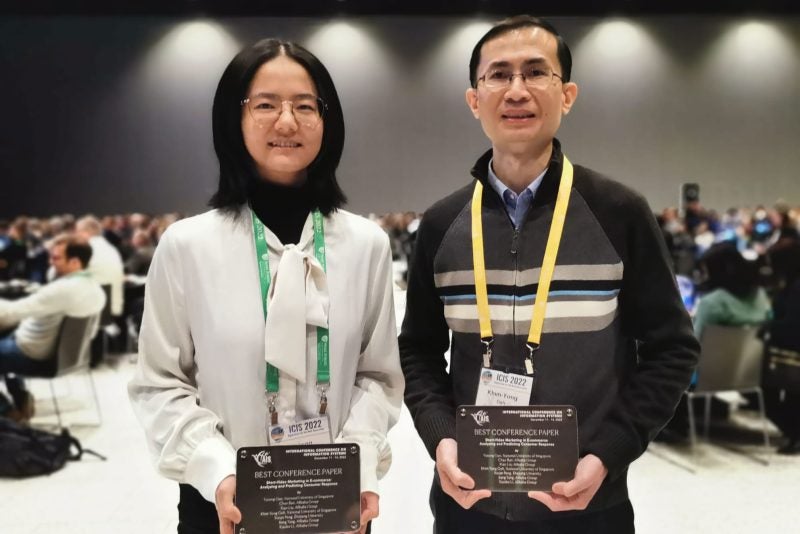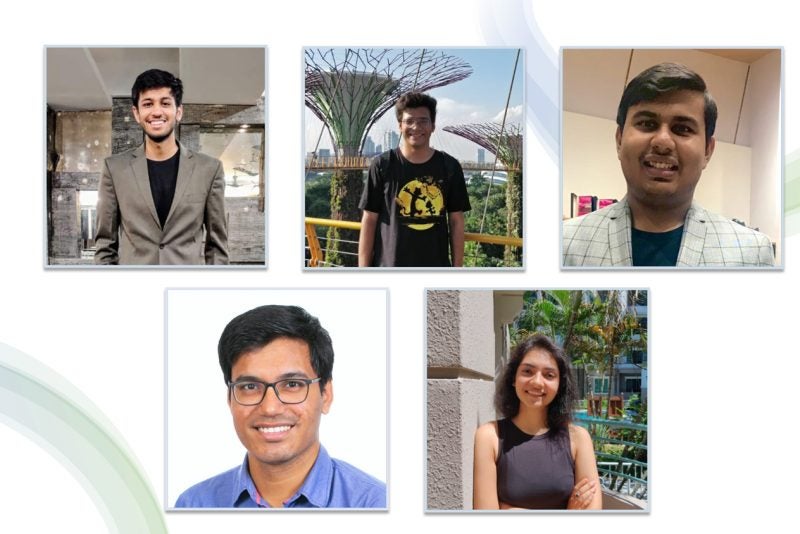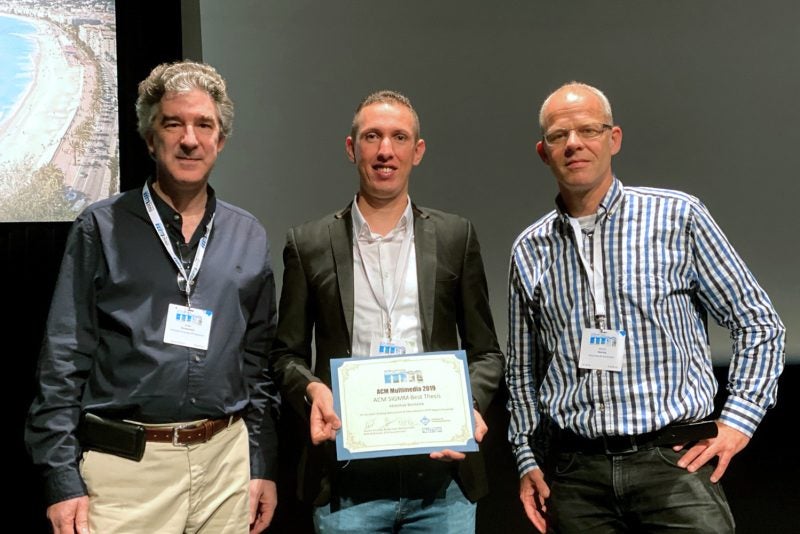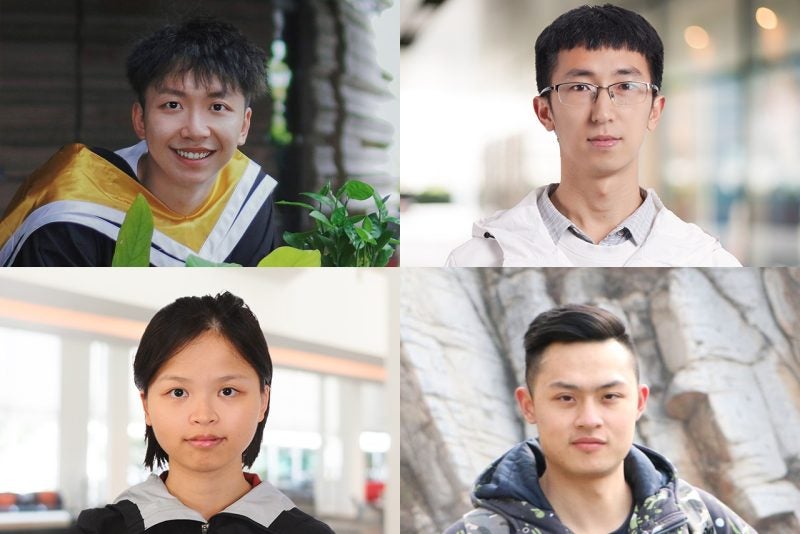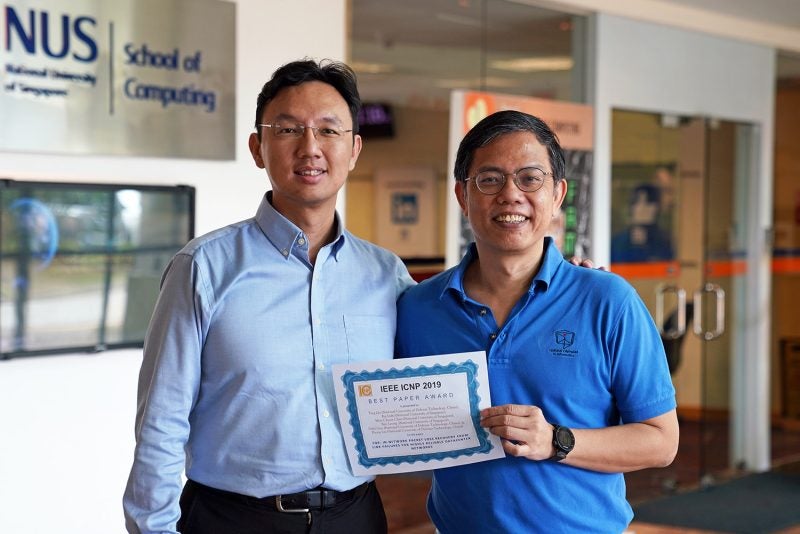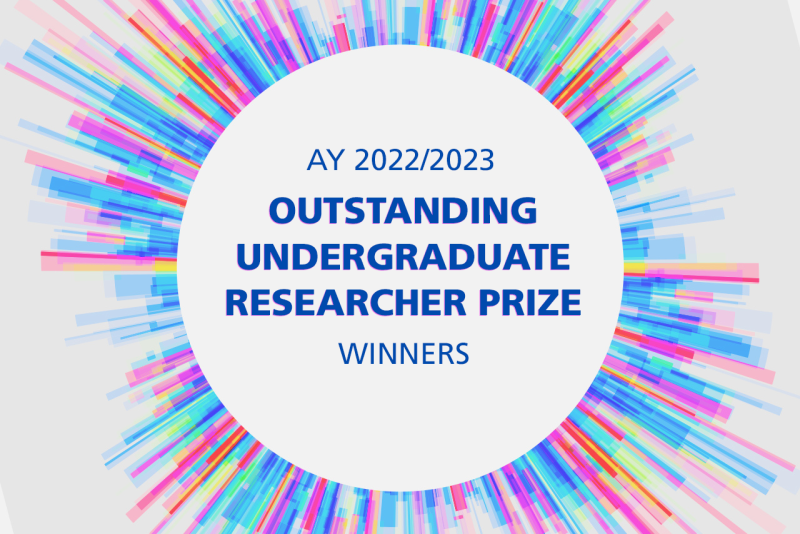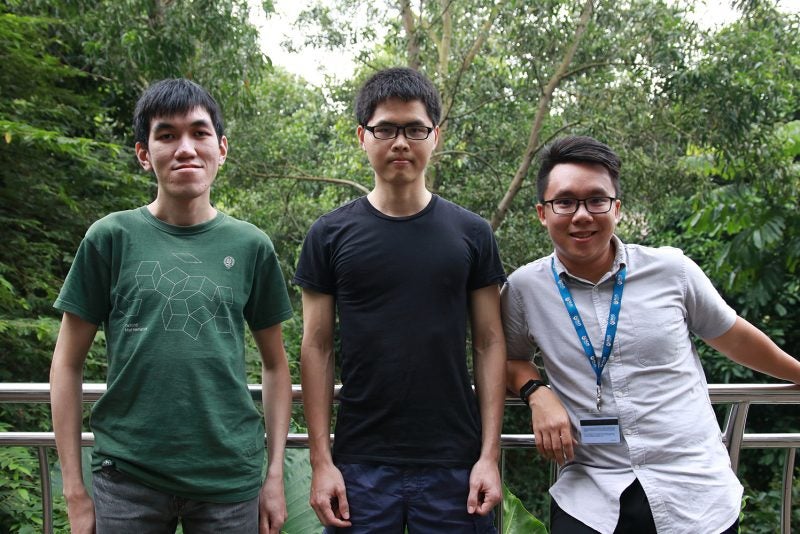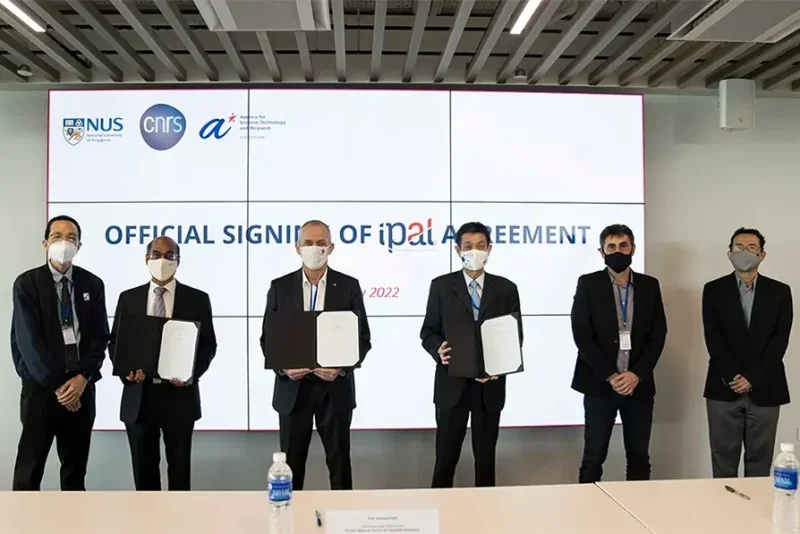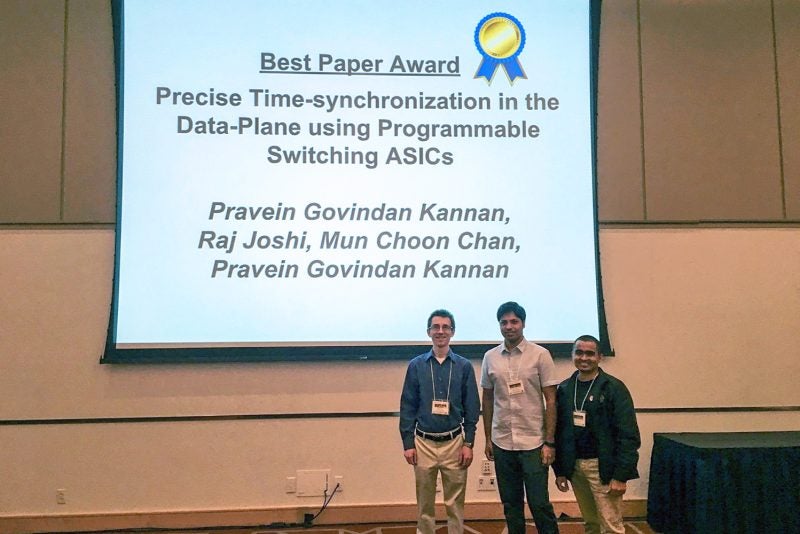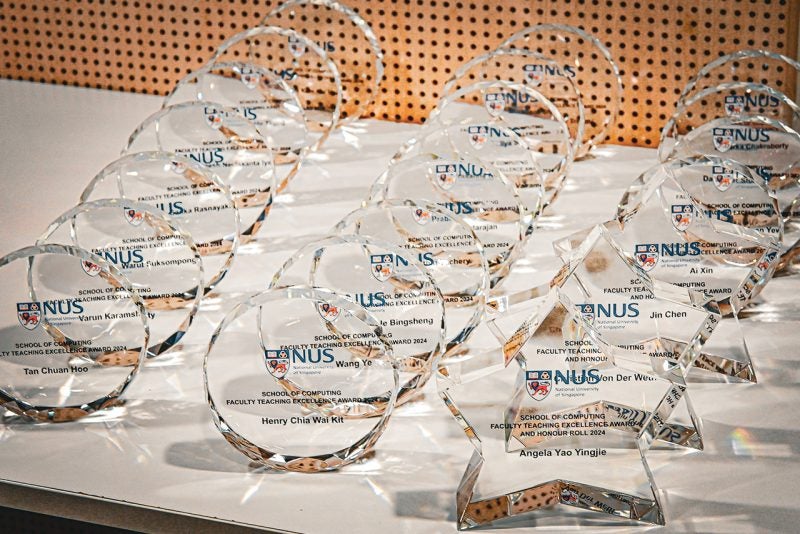27 June 2019 – Computer Science PhD student Abdelhak Bentaleb won the first prize in DASH-IF Excellence in DASH Award 2019 and the Best PhD Dissertation Award on 20 June 2019. The awards were given out at the ACM Multimedia Systems (MMSys) Conference held in Amherst, Massachusetts, USA, from 18 to 21 June.
This is Abdelhak’s second time winning two awards at the ACM MMSys Conference. He won the Excellence in DASH Award and the Best Student Paper Award at last year’s ACM MMSys conference. The ACM MMSys conference is an international forum for researchers to present and share their latest research findings in multimedia systems.
Dynamic Adaptive Streaming over HTTP, or DASH, is an adaptive bitrate streaming technology designed to deliver videos in the most efficient way possible. The system reduces the amount of time needed for videos to buffer by constantly altering the video’s quality as the user’s internet conditions change. To do so, videos are cut into shorter segments, with each segment encoded at different bitrate levels and resolutions.
Making live video streaming better
Abdelhak and his PhD supervisor Associate Professor Roger Zimmermann, with their collaborators Dr Christian Timmerer and Dr Ali C. Begen, won the first place prize for the Excellence in DASH Award. The team won the award for their paper titled “Bandwidth Prediction in Low-Latency Chunked Streaming”. The DASH Industry Forum (DASH-IF) Excellence in DASH Award is presented to top conference papers that substantially address MPEG-DASH as a presentation format. A total of 63 papers were eligible for the coveted award.
In this research, the group designed a novel adaptive bitrate scheme for chunked transfer encoding. “With chunked transfer encoding, a media segment—say a live video stream—is generated and delivered at the same time. This reduces the time lag between the live video and the time it takes to reach its audiences,” explained Abdelhak. “However, conventional bitrate adaptation schemes often make grossly inaccurate bandwidth measurements and this causes the streaming client to make bad adaptation decisions.”
To solve this problem, the team developed ACTE, a new adaptive bitrate scheme that leverages on the unique problem of chunk downloads. The new scheme uses a sliding window to accurately measure the available bandwidth and an online linear adaptive filter to predict future bandwidth. According to the team, their new scheme was able to achieve a 96% measurement accuracy in bandwidth, which translates to a 65% reduction in video stalls and a 49% increase in viewers’ quality of experience. “Our ACTE scheme is a timely solution for today’s live video streaming industry,” said Abdelhak.
Improving user experience on streaming services
Abdelhak also received first place for the DASH-IF Best PhD Dissertation Award. The inaugural award is given out to the best PhD dissertations on algorithms and protocols for adaptive content delivery over the Internet. Abdelhak won the award for his dissertation on optimising video delivery for HTTP adaptive streaming.
In his dissertation, Abdelhak developed a new technique to provide a satisfactory viewing experience for multiple video players on the same network. “Most of the current adaptive bitrate schemes have not addressed the problem of multiple video players competing for bandwidth when they share the same network,” explained Abdelhak. “This problem would result in video quality instability, quality unfairness, and unfair network resource allocation.”
To eliminate these scalability issues, Abdelhak developed a novel suite of adaptive bitrate related solutions to maximise viewing quality for users in a fair and efficient way. A total of seven solutions were proposed in the dissertation to fix the problems, from using Software Defined Networking (SDN) techniques to applying game theory and consensus mechanisms. “We try to strike a right balance between academic research and commercial viability in developing our solutions,” said Abdelhak. “The key contributions in this dissertation are in full compliance with industry standards and can be deployed into current network infrastructure at a minimal cost.”
“My work would not have been possible without the guidance and support of my supervisor Prof Zimmermann, Ozyegin University Prof Ali Begen, Alpen-Adria Universität Prof Christian Timmerer and UAE University Prof Saad Harous,” Abdelhak added.
Abdelhak is a PhD student in Computer Science, under the supervision of Prof Zimmermann. His research focuses on multimedia systems and communication, video streaming architecture and content delivery.

